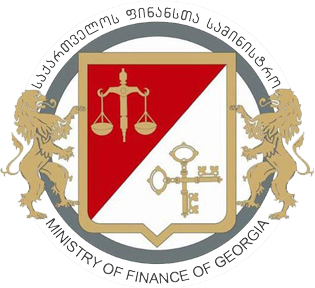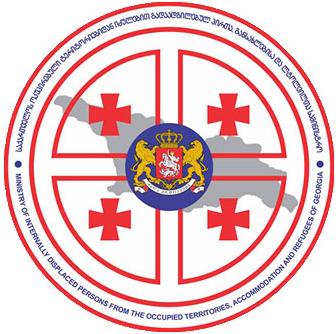National Spatial Data Infrastructure - NSDI Project
Review
Perception of the surrounding world in some ways is related to a person’s skill of orientation in space and time. Till the 20th century spatial data were associated with various types of maps, that couldn’t respond to the challenges of reality. Fast development of spatial thinking and informational technologies, as well as accumulation of the solid information in various fields, raised issues of regular and systematic maintenance, management and change of data, because often high quality spatial information was unavailable due to functional incompatibility, absence of data establishing, publishing, sharing, standards. Similar or same data were often collected and maintained in different state organizations, that caused unnecessary additional costs, that’s why Georgian government, like EU member states, decided to establish and develop National Spatial Data Infrastructure (NSDI).
NSDI presents a coordinated system of Policy, Institutional actions, technologies, regulations, standards, data and human resources, which allows State Institutions, Municipal self-Administrations, Academic circles, business sector and citizens to inquire, evaluate, implement and share spatial data at the National level.
In other words, National Spatial Data Infrastructure is a system with geographic data and related electronic services in its centre, which are documented by metadata. Production of geographic data, electronic services and metadata is regulated by relevant Legal Acts, standards, regulations and methodologies in accordance with the principles of harmonization and interoperability. Data producing and sharing require technical infrastructure, human resources and experts in various fields. Existence of all abovementioned components provides successful implementation of the Project of National Spatial Data Infrastructure.
Purpose
As a result of the Project implementation Georgian State Unified Geographic Information System – National Spatial Data Infrastructure (NSDI) will be established, and it will function at Governmental, Sectoral and Municipal levels. This system will support optimal planning of resource use and efficient management of processes, as well as increase quality of decisions made by State Institutions and Municipal Administrations on the basis of standardized, systematized, valid, reliable and current information. It will also promote development of Electronic Governance and will be another step towards integration with European structures.
The key element of NSDI is data sharing that provides reduction of costs of spatial data producing due to ruling out of doubled work; data quality increases, efficient planning of various areas makes accurate and actual information available. Such area as Defense and Security, Economics, Energy, Health, Real Estate Market, Land Management, Transport, Tourism, Agriculture, Education, Culture etc. require availability of harmonized geographic data, e.g. existence of transport, addressing network spatial data is crucial for optimal managing of fire, road accidents, natural disasters, accidents, crisis situation, rescue operations, for valuation of environmental impact risks, for planning tourist routes, new medical, educational and other organizations. Establishment of the foregoing system will benefit all society.






















